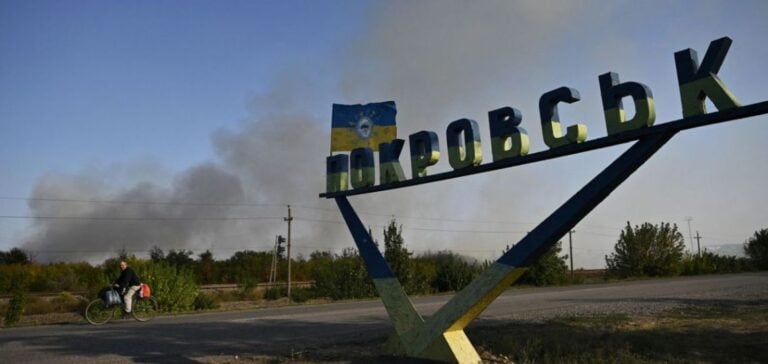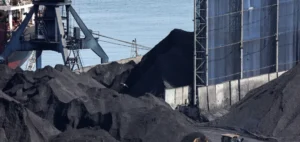The Pokrovsk mine, located in eastern Ukraine, was until recently a cornerstone of the national steel industry. Its abrupt closure, announced by Metinvest, comes as Russian forces advance toward this strategic city, severely endangering critical infrastructure in the region.
Since its opening in 1990, the Pokrovsk mine has supplied over 100 million tons of coke, a coal essential for steel production. With an annual output steady at around 5.6 million tons in 2022 and 2023, despite the war, this mine was a major asset for Ukraine’s economy. However, recent military developments have forced Metinvest to halt operations, raising serious concerns about the industry’s future.
Colossal economic impact
The closure of Pokrovsk forces Ukraine’s steel industry to rely on costly imports to replace the lost coke. According to Oleksandre Kalenkov, president of the Ukrmetallurgprom association, this dependency could reduce national steel production to 2.5 million tons annually, compared to 7.5 million in 2024. Steel exports, once a key economic driver accounting for 30% of total exports before the war, risk further collapse, deepening the country’s revenue shortfall.
Human and social losses are also significant. Before the conflict, the mine employed nearly 10,000 workers, a workforce now reduced to just 3,500. This decline in employment underscores the direct impact of the war on local populations.
A strategic defense issue
Beyond its economic role, Pokrovsk is crucial to Ukraine’s military strategy. Located at a key railway and road junction, the city sits on the E50 axis connecting eastern Ukraine to Dnipro, a major logistics hub. If the city falls to Russian control, this strategic route could be exploited to support enemy military advances.
Steel produced with Pokrovsk’s coke is also used for military fortifications. Its loss weakens not only industrial capacity but also national defense at a time when every resource is vital to counter the Russian advance.
Uncertain future for Ukraine’s steel industry
Analysts warn that losing the Pokrovsk mine could permanently reshape Ukraine’s industrial landscape. Companies will need to rethink their supply strategies, potentially affecting their competitiveness on the global market. Volodymyr Landa, an analyst at the Kyiv-based Center for Economic Strategy, predicts increased production costs and heightened pressure on corporate profit margins in the metallurgical sector.
With steel production plummeting and infrastructure in jeopardy, Ukraine faces immense challenges. The future of Pokrovsk, though bleak in the short term, remains a central concern for Ukrainian policymakers and international allies.






















